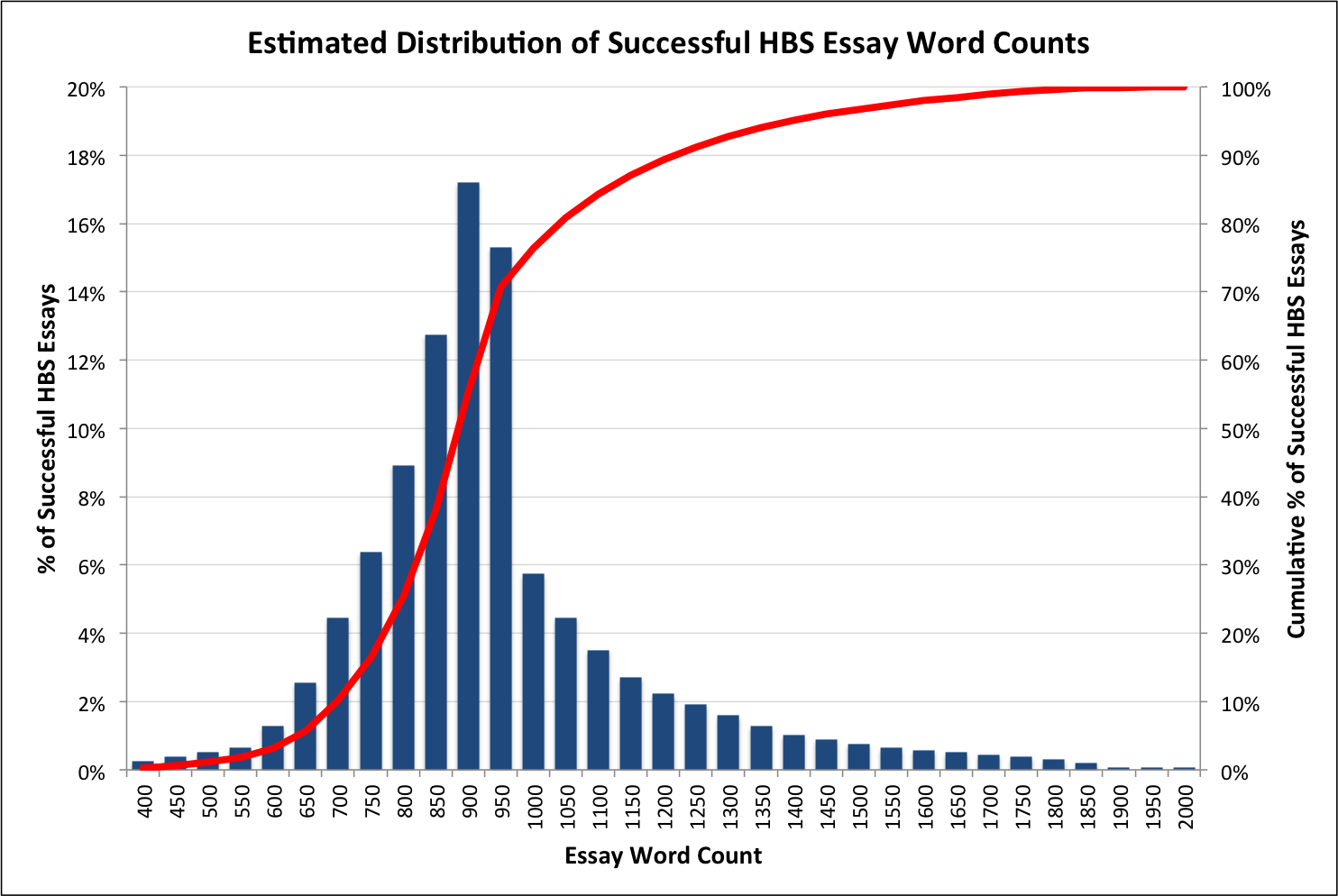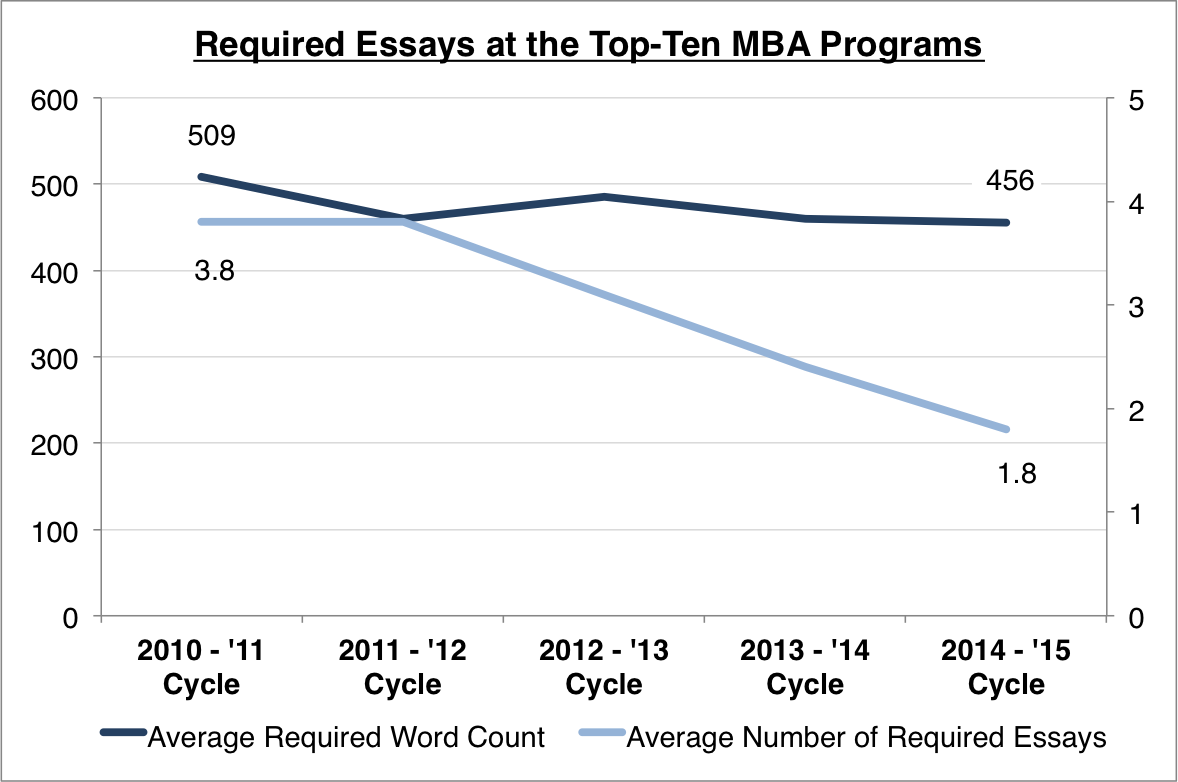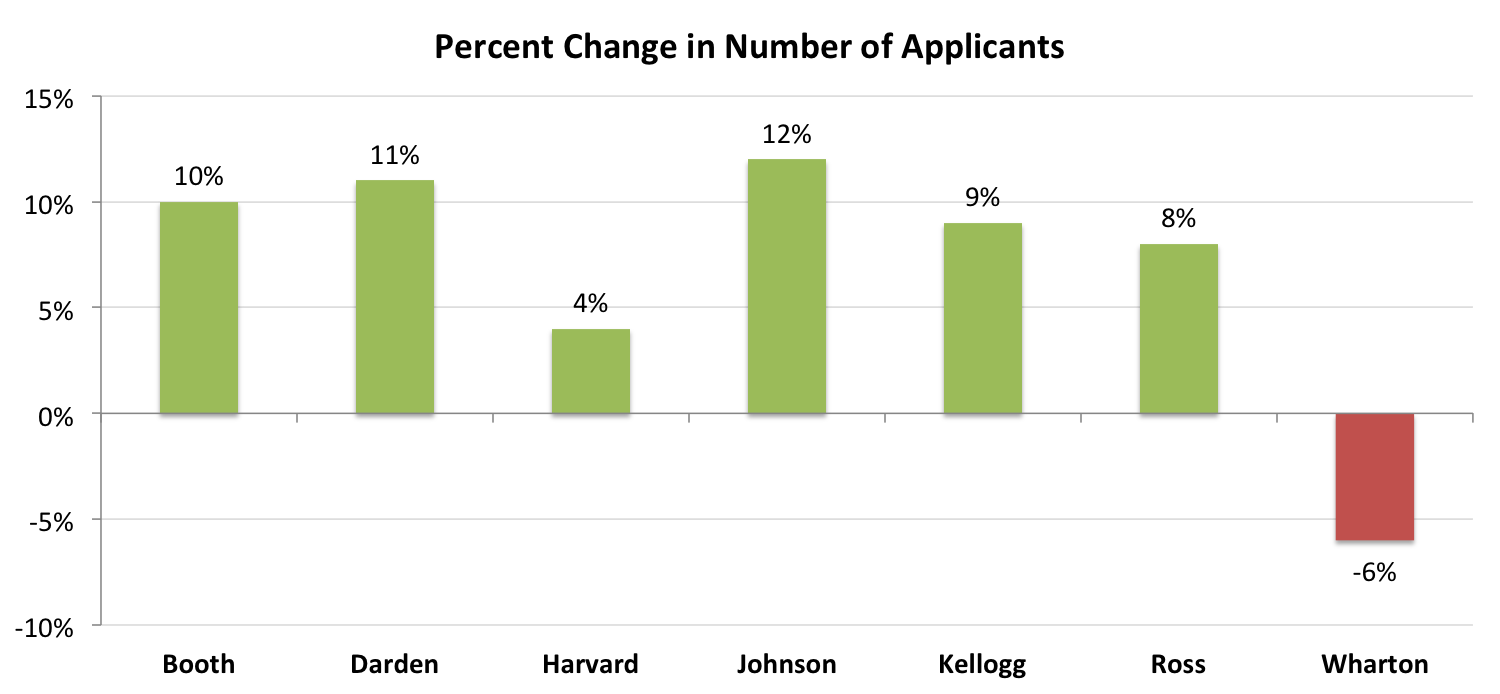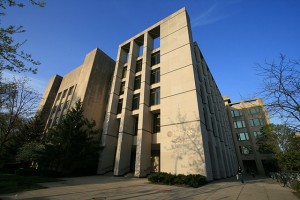The HBS round-one application deadline is less than a week away, leaving a lot of candidates scrambling to make the finishing touches on their essays. Inevitably, applicants also seem to be left wondering whether their HBS essay is the “right length” or what the “ideal word count” is for their essay. Without a suggested word limit from HBS to guide you, it’s a reasonable question to ask.
Ultimately, you have to let the content dictate how long your essay will be, but over the past year we’ve been able to collect enough data at MBA Admissions Advisors to make some reasonable guesses as to how long successful HBS essays typically are. The below histogram represents just that — an educated guess based on a limited sample — and while I cannot guarantee it is perfectly accurate, I hope it serves as a rough guide and useful datapoint as you consider the length of your essay.
But it’s worth stressing again that content is king and should ultimately dictate your essay’s length. If you’re looking for advice on the content of your HBS essay, you can check out our detailed post here or reach out to us through our free consultation service; we’re happy to chat about your essay ideas, essay length, or your profile more generally.

The above represents our best guess — based on a reasonable but limited sample — of how long successful HBS essays are typically.






